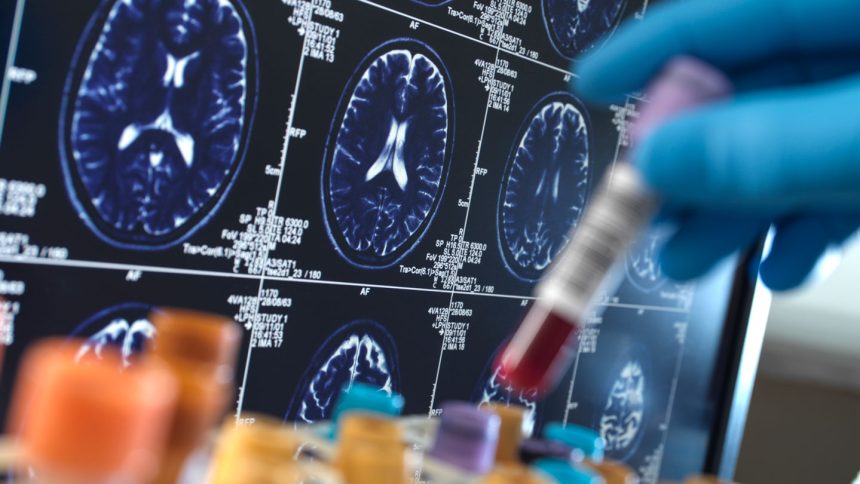Revolutionizing Alzheimer’s Diagnosis: The Role of Blood Biomarkers

Understanding the Impact of Blood Tests on Cognitive Disorders
Recent advancements in medical research suggest that blood biomarker tests may significantly enhance the accuracy of diagnosing cognitive impairments, particularly distinguishing between Alzheimer’s disease and other dementia-related conditions. As our understanding of these biomarkers evolves, healthcare professionals can become more adept at pinpointing the underlying causes of a patient’s symptoms.
The Benefits of Biomarker Testing
Current studies indicate that utilizing blood tests can expedite the diagnostic process and offer clearer insights into whether cognitive decline is attributable to Alzheimer’s disease or alternative disorders. This innovation holds promise for improving treatment plans by ensuring patients receive timely interventions tailored to their specific conditions.
For instance, an analysis published earlier this year revealed that incorporating blood biomarkers into routine examinations could reduce misdiagnoses by over 30%. With such potential implications, researchers are diligently exploring further applications that could refine diagnostic protocols across various types of neurodegenerative diseases.
Current Research Trends in Alzheimer’s Diagnostics
The innovative use of blood-based markers fosters new pathways for diagnosis beyond traditional methods like neuroimaging or cognitive assessments. Notably, ongoing clinical trials aim to optimize these assays for practicality and reliability in everyday medical settings.
Moreover, as our population ages—presently, statistics show that approximately 6 million Americans live with Alzheimer’s—these advancements are critical in addressing public health challenges associated with dementia care. There is an increasing urgency not only to diagnose these conditions accurately but also to manage them effectively through personalized treatment approaches guided by precise data from biomarker studies.
A Call for Continued Research and Development
While promising results have emerged from recent investigations into blood biomarkers’ efficacy in diagnosing Alzheimer’s disease, continuous research remains essential. By bridging gaps between laboratory discoveries and clinical implementation, we can enhance diagnostic accuracy and ultimately improve patient outcomes moving forward.
as scientists unravel more about how blood analysis can aid dementia diagnostics—from initial screenings to long-term monitoring—the landscape of neurological healthcare is poised for transformation. With a focus on integrating these methodologies into standard practice early detection will lead towards proactive management strategies beneficial to patients nationwide.
Learn More About the Impacts of Biomarkers on Alzheimer’s Diagnosis






